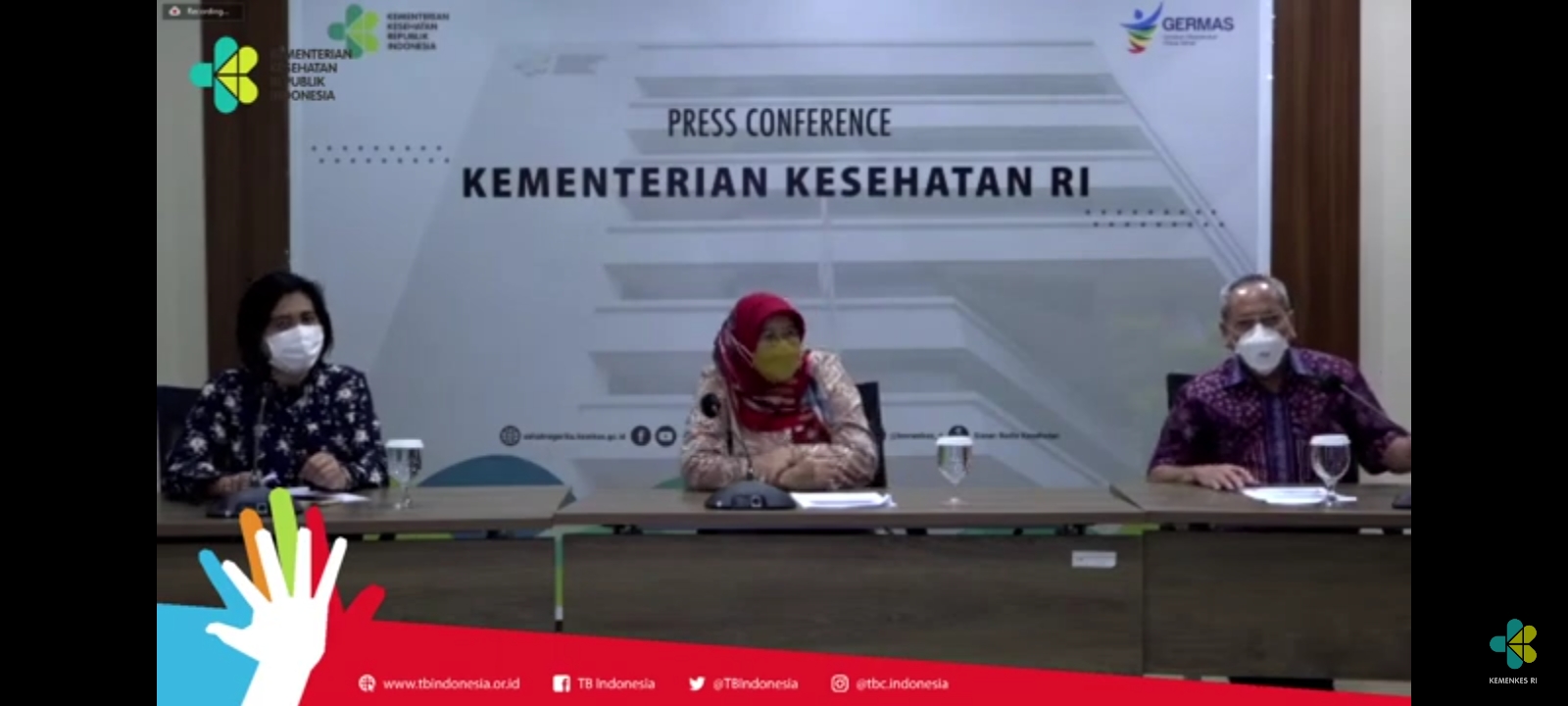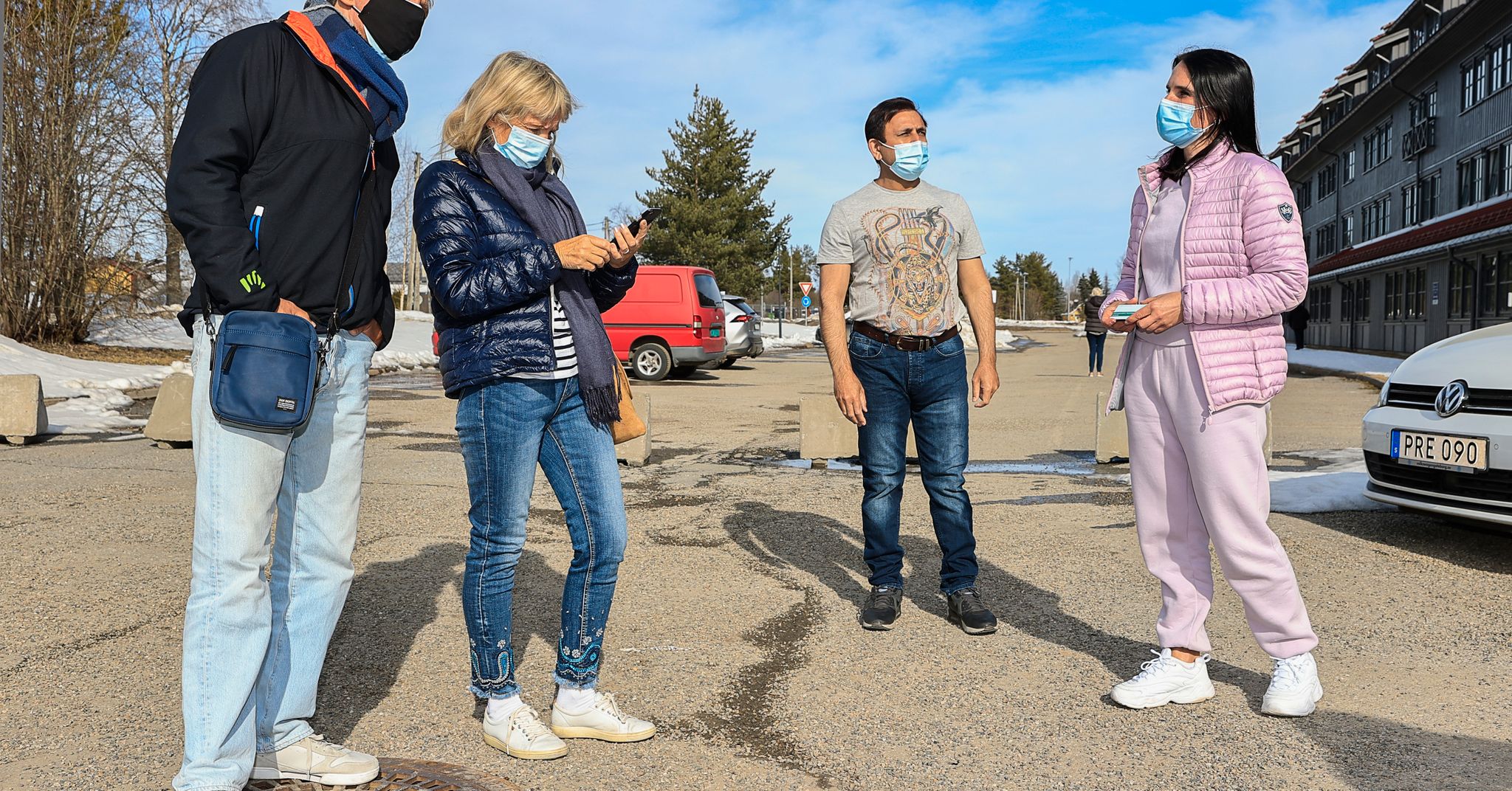Jakarta, 23 March 2021
Deputy Chairman of the 2021 Tuberculosis Control Expert Committee Prof. Tjandra Yoga Aditama said that from the COVID-19 countermeasures program, for example testing, tracing, and treatment, the same thing can also be done for tuberculosis (TBC). Then wearing a mask can also clearly prevent transmission of COVID-19 and prevent transmission of TB.
He conveyed this at the World TBC Day Press Conference virtually in Jakarta, Tuesday (23/3).
“So this mask is indeed important to reduce the transmission of all diseases that are excreted through the respiratory tract. We hope that all the health services will run well in dealing with COVUD-19 and also for treating tuberculosis, “he said.
For example, contact tracing of positive COVID-19 cases is carried out to prevent transmission. Likewise, contact tracing of TB patients is necessary to prevent transmission.
COVID-19 will not be finished if it only relies on the government, there must be community involvement to deal with the disease. The same is true for tuberculosis.
Director of Prevention and Control of Direct Communicable Diseases, dr. Siti Nadia Tarmizi said that tuberculosis is still a major health problem in the world, including Indonesia. It is estimated that there are 845 thousand cases for regular TB cases and 24 thousand for resistant TB cases in Indonesia.
In a pandemic situation, out of 845 TB cases in 2020 that should have been found, only 350 thousand or 349 thousand cases should be found. Meanwhile, for resistant TB cases, of the estimated 24 thousand cases that should have been found, only 860 cases.
The percentage of cases found in 2018 and 2019 was 60%. But it turns out that in 2020, the opposite was true, only 30% of cases were found.
“This is an alarm for us in 2021 to immediately get back on track for us to immediately find the number of cases according to the estimate earlier,” said dr. Nadia.
During the COVID-19 pandemic, TB services were carried out with health protocols according to the COVID-19 pandemic situation. TB services are ensured to continue running and the frequency of TB patient findings will not reduce quality.
This is done by monitoring the medication electronically via WhatsApp or other electronic means.
“So every day the patient is contacted by means of communication either to the patient or the patient’s family. So when taking medicine at the health center or at the hospital, the contact number will be asked so that it can be monitored electronically, “said dr. Nadia.
In addition, there is also a policy to relax the interval for taking medication. In sensitive TB patients for the intensive phase, TB drugs can be given within a period of 14 to 28 days, while in follow-up treatment the interval is 28 days to 56 days, previously only 2 weeks.
Drug-resistant TB patients are also given convenience, namely every 7 days and the follow-up is in the 14 to 28 day phase.
“We urge people who have cough symptoms for more than two weeks or coughs that are not known to be cured by the usual cough medicine to immediately go to a health care facility. You don’t need to be afraid to go to the health center or hospital, ”he said.
Corona Virus Hotline 119 ext 9. This news is broadcast by the Bureau of Communication and Community Services, Ministry of Health of the Republic of Indonesia. For further information, please contact the Halo Ministry of Health hotline number via hotline 1500-567, SMS 081281562620, facsimile (021) 5223002, 52921669, and email address [email protected] (D2)
Head of Communication and Community Service Bureau
drg. Widyawati, MKM
–


